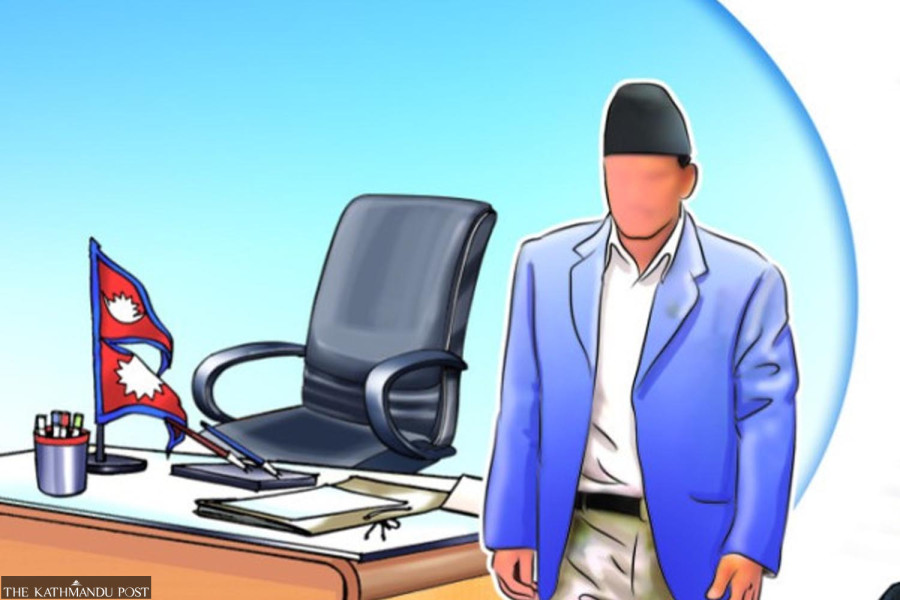National
Law in the works to check officials’ conflict of interest
Draft bill aims to make it mandatory for public officials to recuse themselves from decisions in case interests clash.
Post Report
Amid widespread criticism that the people holding an office of profit are engaged in acts of conflicting interests, the government has drafted a law to curb the practice.
A draft bill, published for feedback before it is given a final shape, aims to make it mandatory for public officials to recuse themselves from decision-making processes in which they have a conflict of interest.
The draft bill also proposes that any person holding public office must submit a written declaration upon appointment, nomination, or election, that they do not have any conflicting interests with their workplace.
President, Vice President, prime minister, chief justice, Speaker and deputy Speaker of the House of Representatives, chairperson and vice-chairperson of the National Assembly, judges at all levels of courts, lawmakers, chief ministers, ministers, office bearers of constitutional bodies, elected officials at the local level, and government employees of all types will fall under the ambit of the new law.
Though different laws, regulations of the upper and lower houses, and a policy under the public procurement monitoring office, have some clauses defining the conflict of interest, the country lacks an integrated law to govern the issue. The Supreme Court has also directed the authorities to work on similar legislation.
Based on the feedback, the Office of the Prime Minister and Council of Ministers will finalise the bill before presenting it for the Cabinet’s approval. After the Cabinet nod, the bill will be registered in Parliament for endorsement.
The bill prohibits any type of appointments, transfers or postings in the offices where the officials concerned have a conflict of interest. It also says the relevant official must be aware that his/her decision could lead to a conflict of interest. In such a case, another official could be assigned to make the particular decision.
When a particular decision made by a particular ministry results in a conflict of interest, the Cabinet could take a necessary decision in such a case. For constitutional bodies, another official within the organisation may be authorised to decide in place of the controversial member.
The government also plans to limit the meetings between public officials and foreigners through the new law. The bill proposes banning unauthorised correspondence or meetings between public officials and foreign individuals or entities.
“A public official shall not engage in unauthorised correspondence, meetings, or accept benefits with the intent of obtaining a present or future advantage for themselves or others, from foreign governments, NGOs, or public officials,” reads one of the bill’s sections. It also has outlined specific provisions to restrict the receipt of foreign support by unauthorised officials.
“Except for authorised public officials, no one shall receive or request to receive, recommend, or make agreements to receive any foreign aid, loan, technical assistance, or cash/in-kind support from any government or non-government agency,” reads another section. Any action taken in violation will be automatically invalidated.
The new law also sets stern measures for accepting ‘support’ in cash or kind. If anyone is found accepting such support, it will be confiscated, and the official could be barred from carrying out jobs for a specified period.
Once the new laws come into force, those holding offices of profit will also be barred from accepting gifts other than those specified by the government. The Cabinet will determine the maximum value of the gift officials can take.
“A public official shall not accept any kind of gift during their tenure. If they receive a gift in their official capacity, it must be registered with their respective public body in line with prevailing laws,” according to another section. If anyone violates this provision and receives cash or in-kind benefits, such benefits will be confiscated, and an equivalent fine imposed.
Flouting the provision might also lead to legal consequences.




 8.67°C Kathmandu
8.67°C Kathmandu














